Graham Reid | | <1 min read
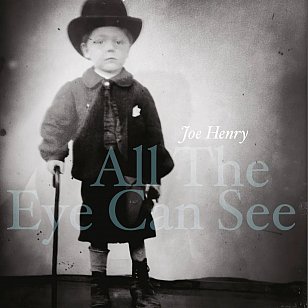
Although singer, songwriter and producer Joe Henry hasn't won as many Grammys as his sister-in-law Madonna (three for his production work, to her seven), he enjoys wide acclaim from illustrious peers and those he's produced, a diverse list which includes Joan Baez, Bonnie Raitt, Allen Toussaint with Elvis Costello, Billy Bragg, Salif Keita and Solomon Burke.
Although often described as alt.country, he's worked with jazz musicians (Ornette Coleman, Marc Ribot) and, on this 16th album under his own name, stalks similar territory as Costello in his downbeat, front parlour mood.
With touches of Celtic folk (the fiddle-coloured Yearling), dark cabaret, guitarists Bill Frisell and Ribot among the large but sparingly deployed cast, this 14-track album is bookended by earnest instrumental passages from Henry and fellow producer Daniel Lanois.
Between these points the intimate, mournful mood addresses the existential doubt of recent times, as on the title track: “There goes the sun descending, its light in the street defending what all of our day is up-ending . . . trouble begins at waking, the weight of the world near-breaking . . .”
There's also a lovely tribute to Karen Dalton.
(review continues after the clip)
All The Eye Can See can be demanding for its lyrical density, sparseness and fragmented imagery.
But many nuggets (Mission, Kitchen Door, Pass Through Me Now and especially the optimistic Red Letter Day) glitter among the pervading melancholy.
.
You can hear this album on Spotify here

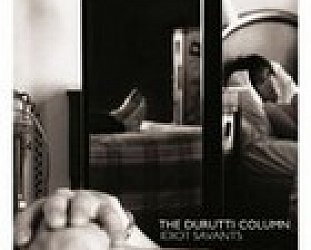
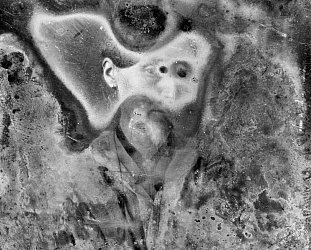
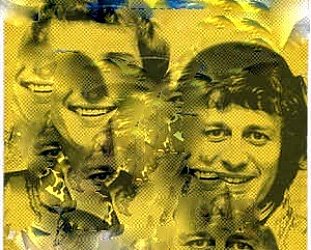
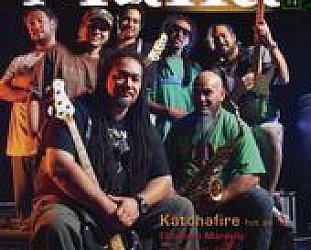
post a comment